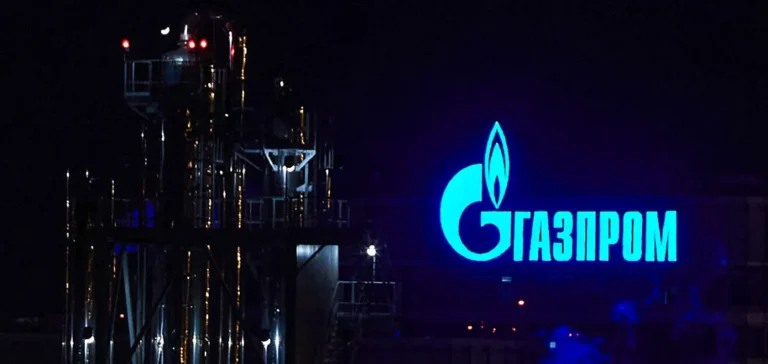The decision by the Hague court concerns the shares of Russian company Gazprom in Wintershall Noordzee, a joint venture established with German company Wintershall Dea and operating on the North Sea continental shelf. This ruling ends the freeze imposed on these assets since May 2024, following a seizure request filed by two Ukrainian companies.
Context of asset freeze and legal proceedings
In May 2024, the Dutch jurisdiction had decided to block Gazprom’s shares in Wintershall Noordzee B.V. and Gazprom International Projects B.V., in the context of a dispute initiated by Ukrainian entities. This measure aimed to preserve assets while awaiting the outcome of legal proceedings brought to assert claims related to the current international situation. The freeze affected several companies within the Gazprom group operating on the European energy market.
Process for disposal of Gazprom assets
The dispute emerged as Gazprom International Limited had started in March 2024 a procedure to sell its assets in the region. According to court documents, the initial transaction amount was valued at EUR344mn ($374mn). The deal included the sale of 50% of Wintershall Noordzee B.V., as well as 100% of Gazprom International UK Limited and Gazprom UK Limited. This restructuring follows changes in the regulatory and economic environment surrounding Russian interests in European joint ventures.
Implications for the European energy sector
Lifting the judicial freeze now allows Gazprom to continue the sale of its shares in these various entities. The stakes involved play a role in regional energy supply, with the Wintershall Noordzee joint venture involved in the extraction and commercialisation of natural gas in the North Sea. According to public information, the sale could alter the ownership structure in several strategic companies active on this market.
The legal proceedings highlight the uncertainties facing assets held by Russian companies within the European Union. The latest court decision comes amid continued tensions over the governance of cross-border energy assets.






















